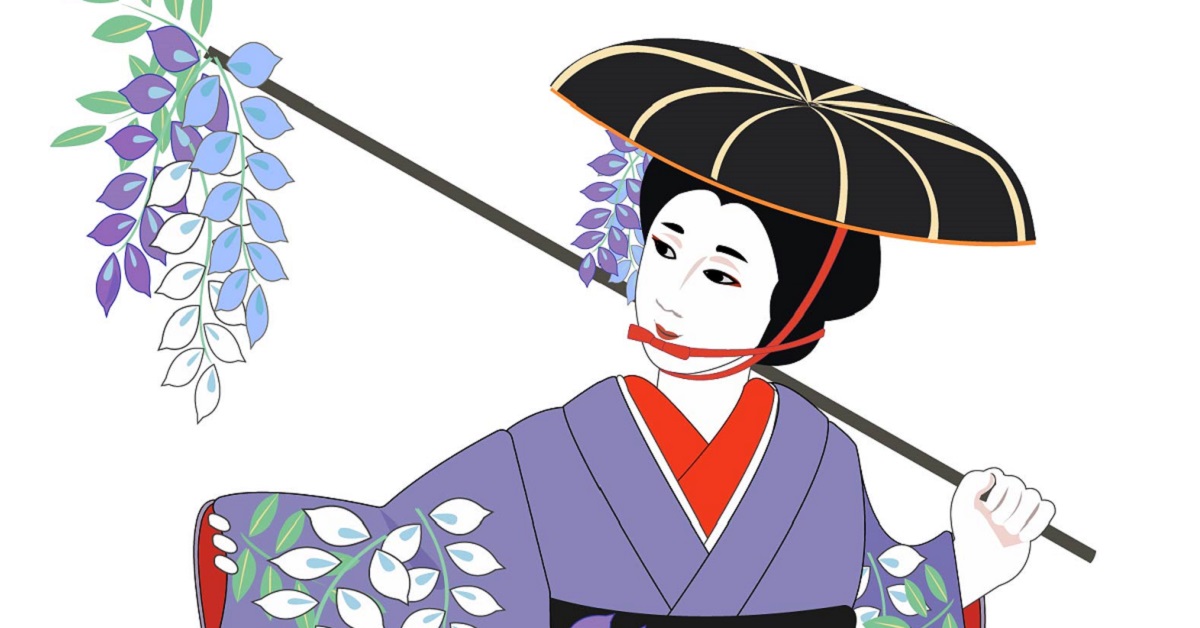In Japanese, the word “ohako” (十八番: Jūhachiban) refers to someone’s best skill or specialty. Although it is now widely used in daily conversation to describe talents such as cooking, sports, or music, its origin lies in Kabuki theater during the Edo period. Understanding this expression not only helps language learners but also offers insight into the connection between Japanese tradition and everyday speech.
What does “ohako” mean?
“Ohako” refers to something a person is especially good at.
For example, if someone says “Sushi is my ohako,” it means “Making sushi is my specialty.” The term is often used in casual, friendly conversations rather than in formal speech.
For foreigners, learning this word helps add humor and naturalness to conversations with Japanese people.
History and origin
The origin of “ohako” dates back to the Edo period and Kabuki. Ichikawa Danjūrō, a famous Kabuki actor, selected eighteen plays as his family’s signature repertoire, which were called “Kabuki Jūhachiban” (Kabuki Eighteen). These plays were considered his strongest performances.
Later, the phrase “Jūhachiban” came to mean “the thing someone does best.” Ordinary people in Edo also started using it in daily life, influenced by the popularity of Kabuki as entertainment.
Modern usage
Today, “ohako” is used in many contexts such as cooking, hobbies, sports, and business skills.
Conversation examples
- “Playing the piano is his ohako.”
- “Making Thai curry is my ohako.”
- “Giving presentations is her ohako.”
English equivalents
- This is my specialty
- This is my forte
- I am good at this
- My strong point is …
Table: Basics of “ohako”
| Item | Explanation |
|---|---|
| Kanji | 十八番 |
| Reading | Ohako / Jūhachiban |
| Original meaning | A Kabuki actor’s best plays |
| Modern meaning | A personal skill or strong point |
| Usage example | “This is my ohako.” |
| English equivalents | specialty, forte, strong point |
How foreigners can learn it
For learners, it is easier to remember “ohako” by linking it to English words like “forte” or “specialty.”
Since it is mostly used in casual contexts, in business situations it is often better to use “得意分野” (tokui bun’ya, “strong field”) or in English “strong point.”
Comparison with similar expressions
Knowing the differences between “ohako” and similar Japanese expressions makes usage clearer.
| Expression | Meaning | Nuance |
|---|---|---|
| Ohako | The thing one does best | Friendly and casual |
| Tokui (得意) | To be good at something | General and widely used |
| Jiman no ~ (自慢の〜) | Something to be proud of | Stronger emphasis, boasting |
Practice for English learners
Practicing by translating sentences between Japanese and English makes “ohako” easier to use.
| Japanese sentence | English equivalent |
|---|---|
| “これは私のおはこです” | This is my specialty |
| “彼のおはこはサッカーです” | Soccer is his forte |
| “料理は彼女のおはこです” | Cooking is her strong point |
By rehearsing these examples, learners can naturally acquire the usage of “ohako.”
Cultural background
Understanding “ohako” also deepens knowledge of Japanese culture. It is not just a word, but one with roots in Kabuki, a traditional performing art.
During the Edo period, audiences eagerly anticipated the “Kabuki Eighteen” performed by the Ichikawa family. In the same way, modern people proudly showcase their own “ohako” in everyday life.
Conclusion
“Ohako” (十八番) is a word that connects traditional Japanese culture with everyday conversation. From its origins in Kabuki, it has become a familiar phrase used by everyone.
For foreigners, knowing this word enriches both Japanese language learning and cultural understanding. Associating it with English words like “specialty” or “forte” makes it easier to use naturally in conversations.
Learning words like “ohako” is not only about vocabulary, but also about discovering the depth of Japanese culture. By understanding this expression, learners can better enjoy conversations and appreciate the traditions behind the language.






